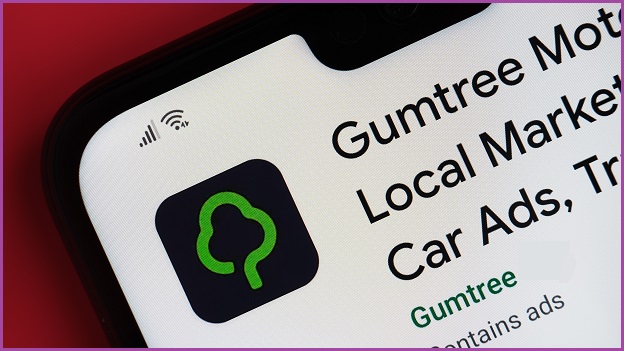27/08/20 Figure amended to $46b (from $42b) at 2.30pm
The second-hand economy is worth $46 billion in Australia with punters saying they have been more inclined to sell their used goods during COVID-19.
In its annual Second Hand Economy report, classifieds platform Gumtree found 42 per cent of Australians said they were more keen on selling things through Gumtree than before the coronavirus hit.
A further 56 per cent expected the second-hand economy to keep growing post-COVID.
“With slightly more time at home than we had all anticipated in 2020 and the uncertainty we’re all facing in our economy, approximately $5,800 worth of unwanted items in every household is within reach,” said Gumtree Australia Managing Director, Mark Kehoe.
According to Gumtree, more than half of Australians have sold used goods in the past twelve months, with the platform estimating that around 90 million second-hand items have changed owners in the same period.
Clothes, shoes, and fashion accessories have been the biggest sellers on the platform this year, followed by books, entertainment media (like music, DVDs, and CDs) and electronic goods.
Gumtree’s survey found that 63 per cent of Australians were worried about being able to pay household expenses like food, bills, and the internet because of the current economic situation.
The company also took a shot at the rise of buy-now-pay-later companies like AfterPay, including in its report the finding that 38 per cent of Australians were concerned about being able to pay off items bought with credit or buy-now-pay-later schemes.
Australian fintech AfterPay has gained extraordinary attention during COVID-19, growing from $8 per share in March to new heights of $93 this week.
But a 2018 report from the Australian Securities and Investments Commission found buy-now-pay-later arrangements may encourage consumers to spend beyond their means and that some people had been allowed to use the service “despite limited or no income and substantial existing debt”.
In its 2019-20 financial report filed this week, AfterPay posted a $22.9 million loss despite the rapid interest from investors.
At the same time, the local fintech’s expansion into international markets has helped Afterpay nearly double its income from $264.1 million in 2018-19 to $519.2 million this past financial year.
Gumtree’s second-hand ethos seemingly stands in stark opposition to the rapid consumerism encouraged by buy-now-pay-later.
Indeed, the company’s latest report found that, although financial concerns informed people’s decision to buy used products, a growing number of Australians are more aware of the environmental impacts of buying products brand new.
Nearly half of local users cited environmental concerns as a reason for buying goods new, instead of used.
But the Australian arm of Gumtree’s owner, eBay, is more than happy to jump onboard with buy-now-pay-later – partnering this week with Afterpay’s fintech rival Zip Co to provide credit for small and medium-sized businesses.










